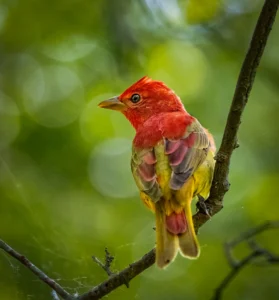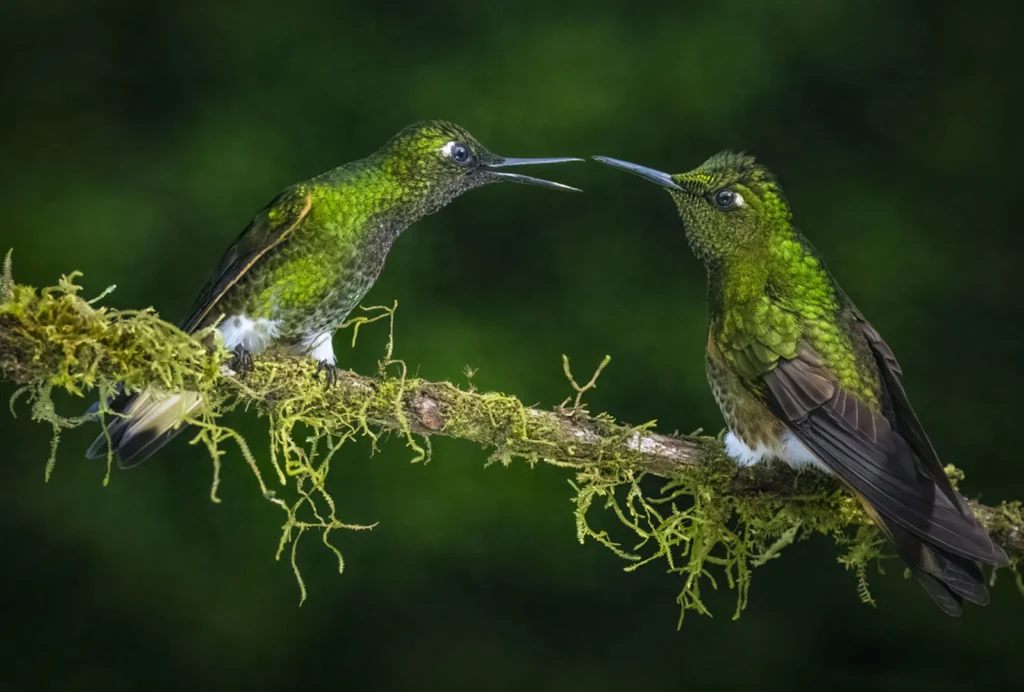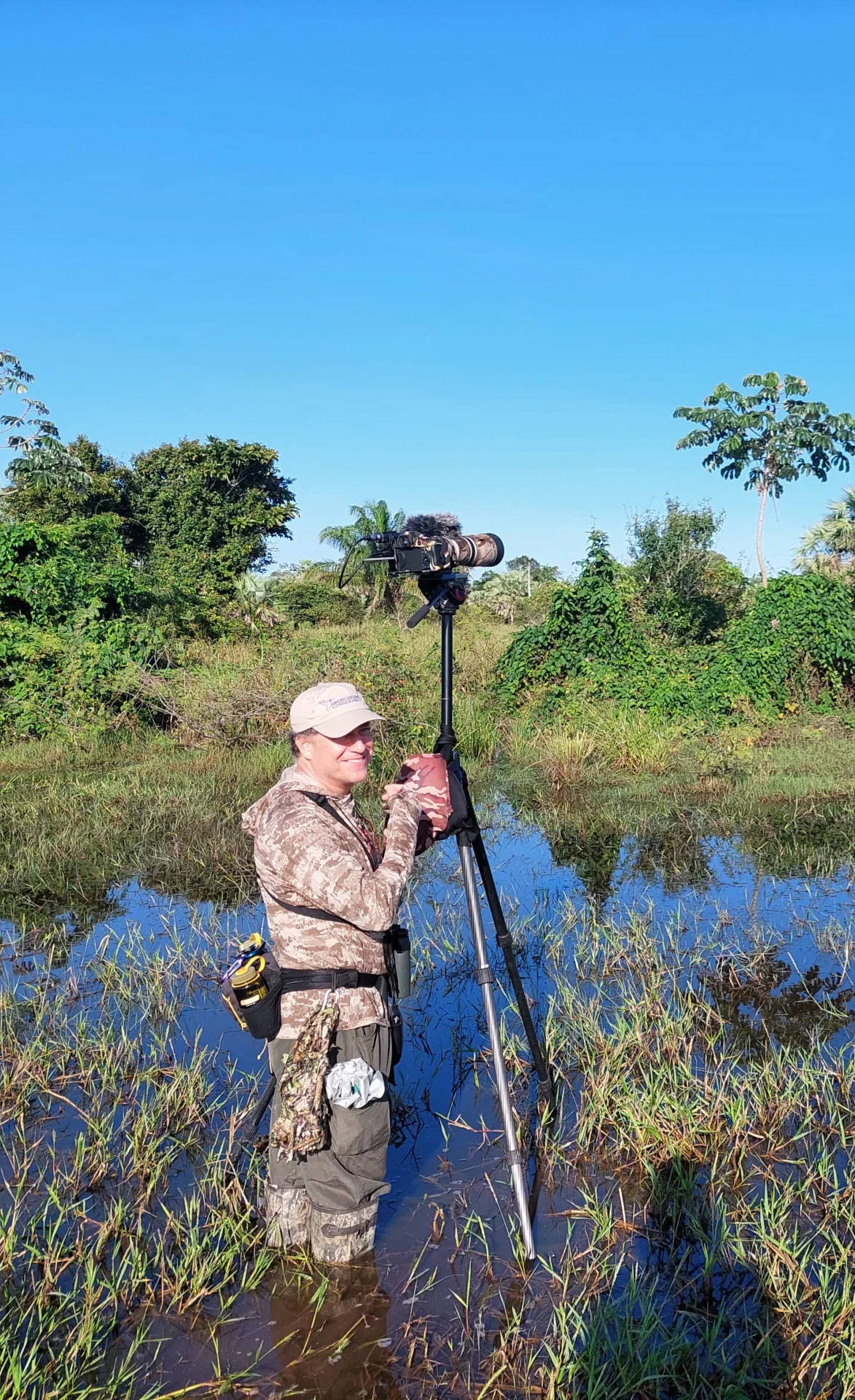Conserving Birds in Latin American & the Caribbean
More than 1.1 million acres have been protected throughout a network of reserves spanning 15 countries.
Over the last three decades, we have nurtured dozens of partnerships with organizations operating in the areas most important for birds. We support partners in seeking designations for land conservation. To date, more than 1.1 million acres have been protected throughout a network of reserves spanning 15 countries and providing habitat for more than 3,000 bird species, or nearly two-thirds of the world’s birds. Together, we work to reforest and restore places that have experienced habitat loss and degradation, implementing best conservation practices and encouraging the stewardship of habitat by local communities. We promote climate resilience and sustainable development for the betterment of all birdlife and people.
In 2023, we launched BirdsPlus, an innovative program to enhance habitat for migratory birds outside of reserves on working lands, turning farms that produce coffee and other crops into habitat birds can use. BirdsPlus opens the doors to economic opportunities for people who work the land while improving, connecting, and creating habitat.
The work we do to conserve bird habitats brings hope for the most common birds and the rarest. Through the Search for Lost Birds, we are engaging our partners and local communities in the effort to locate, document, and conserve some of the world’s most endangered birds.
We envision a future for Latin America and the Caribbean where healthy habitats support birds and where people can thrive.














